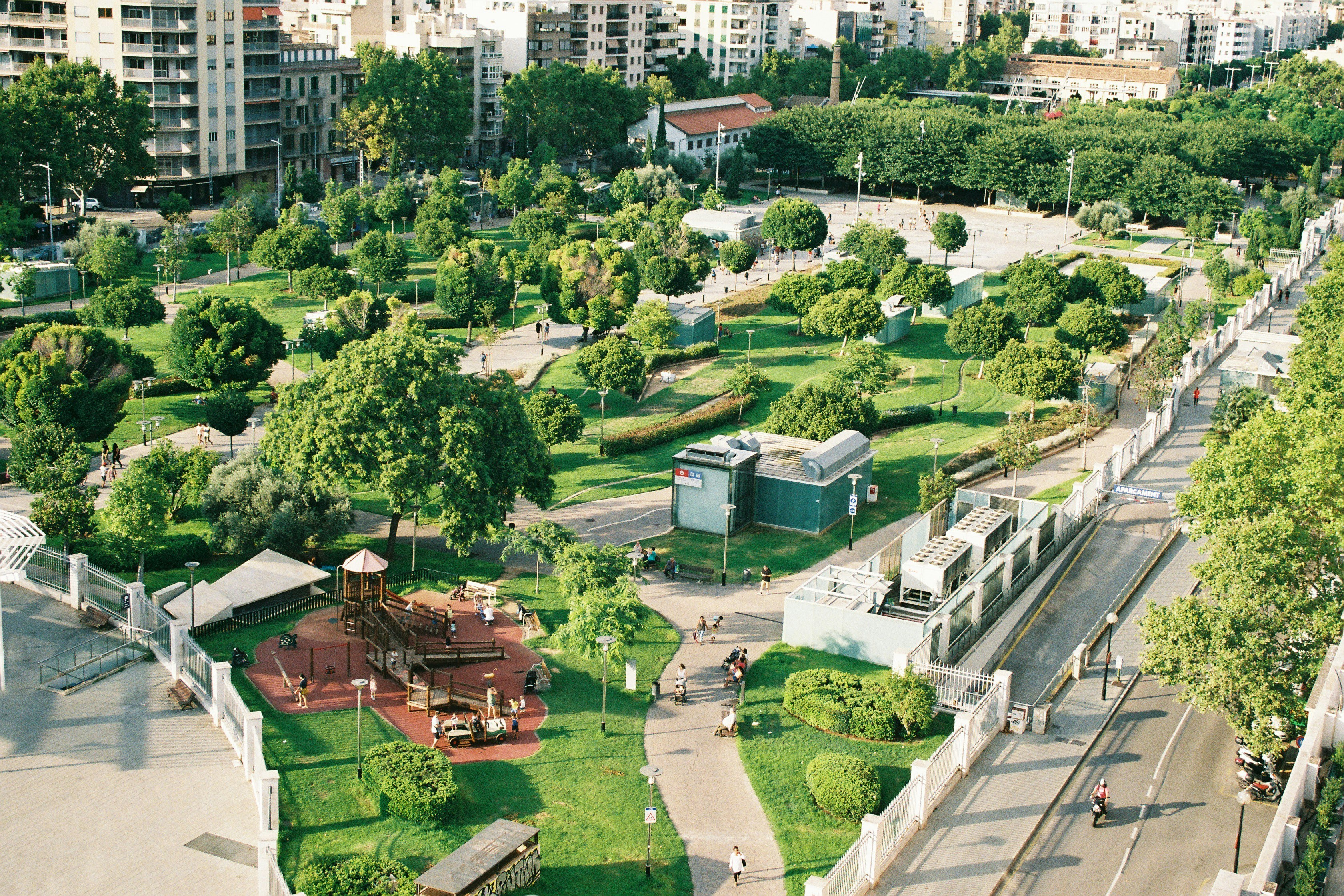
Unlocking Urban Green Infrastructure: Greening Cities Partnership Releases Position Paper on Funding Reform
Why this Paper Matters
Urban GI plays a critical role in climate adaptation, biodiversity restoration, and improving the health and well-being of citizens. Yet cities face fragmented and inadequate funding streams, complex procedures, and limited access to long-term maintenance financing. The paper highlights the results of a survey of 85 European cities that exposes major barriers to implementation—while also underscoring a strong readiness among local authorities to scale up GI investments.
This position paper is the first formal output of the Greening Cities Partnership and serves as a direct contribution to the ongoing debate on the future of EU cohesion and green funding.
Greening Europe’s Cities: A Call to Unlock Sustainable Funding for Urban Green Infrastructure through the Upcoming EU Budget

The position paper emphasises that urban Green Infrastructure is a cornerstone of Europe’s strategy for resilience, biodiversity, and public health, yet remains vastly underfunded. While cities have demonstrated strong commitment to implementing GI, they face persistent obstacles such as complex administrative procedures, insufficient access to systemic financing, and challenges related to funding long-term maintenance. The message is clear: EU funding mechanisms must evolve to be simpler, more accessible, and tailored to the needs of urban authorities.
Core Recommendations to the European Commission and EU Policymakers
To address these challenges, the paper outlines a package of nine strategic recommendations. These include mandating ERDF allocations for urban GI with binding targets of 10–15%, integrating urban-specific GI strategies into operational programmes, and embedding GI funding priorities across key EU programmes like LIFE, Horizon Europe, and the European Urban Initiative. It also calls for long-term maintenance costs to be covered as flat-rate overheads, simplification of funding procedures, and the creation of EU-level pre-financing and risk-sharing mechanisms. Further recommendations focus on enabling blended financing, supporting national GI funding frameworks, building municipal capacity, and investing in smart tools and decision-support systems.
A Call to Action
The paper calls on the European Commission and Member States to take bold, coordinated steps to bridge the urban GI funding gap, remove structural barriers, and empower cities to deliver nature-based solutions at scale.
By implementing these reforms, the EU can unleash the full potential of its cities to lead the green and just transitions—and ensure a more sustainable, biodiverse, and climate-resilient urban future.